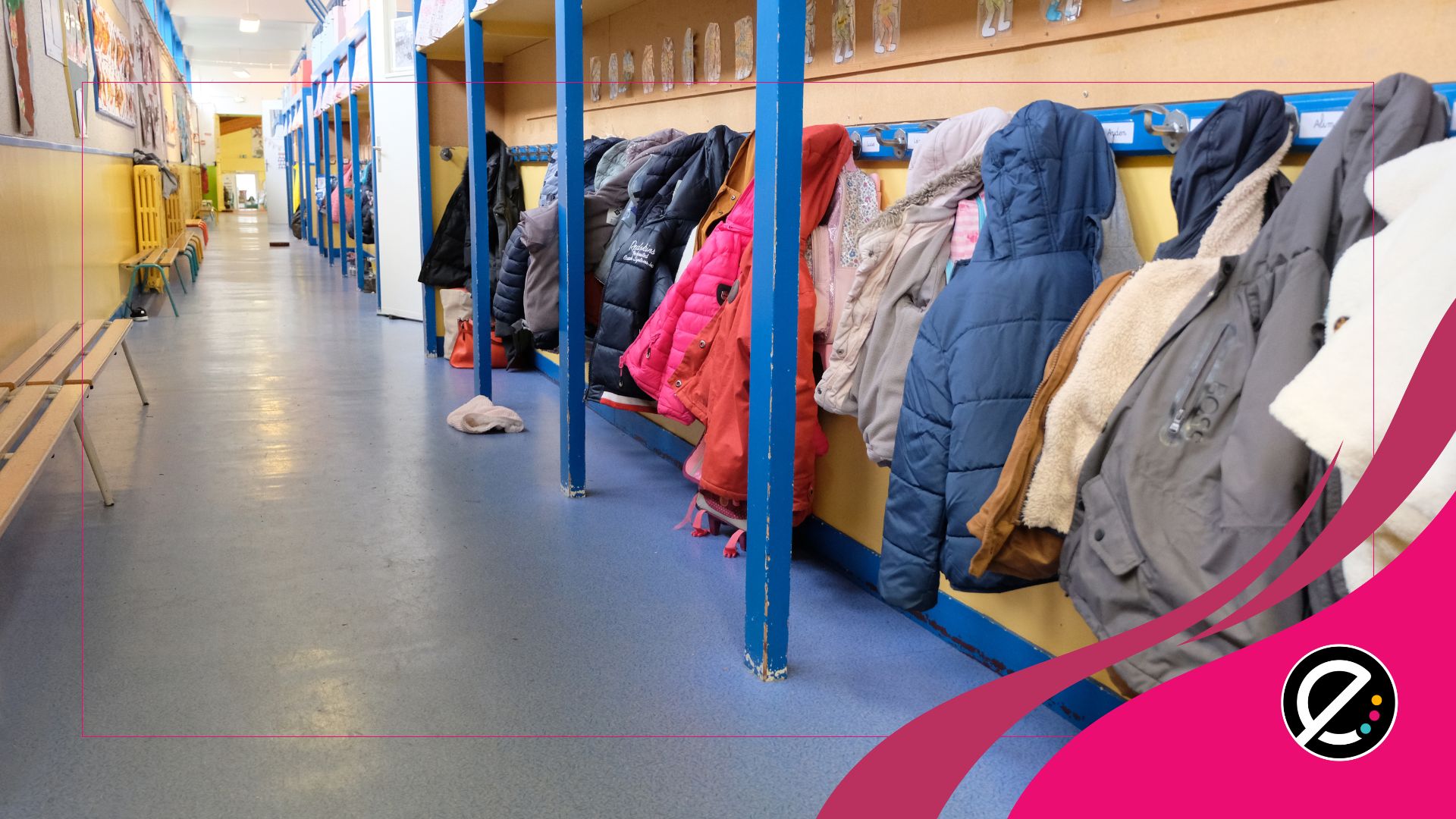L’enseignant constate 9 échecs en écriture sur 24 élèves à la première étape. Il analyse la situation et s’affaire à imaginer une nouvelle méthode pour rendre l’apprentissage de nouveaux mots plus signifiant et motivant pour son groupe de 6e année. De là naissent les dictées folles, où fierté, plaisir et activité physique se rejoignent!
Stéphane Côté enseigne en 6e année à la Commission scolaire Marguerite-Bourgeoys. Il a trouvé une façon fort amusante d’aider ses élèves à réussir en écriture. Il est tout d’abord parti d’un constat : « bien que les dictées dans ma classe soient hebdomadaires, en contexte d’écriture, le vocabulaire de mes élèves reste pauvre et ces nouveaux mots « étudiés » sont souvent absents ».
Il a d’abord analysé la situation d’un point de vue théorique. Les élèves reçoivent des mots à étudier, et lorsque vient le temps de la dictée, ils ne performent pas. Ils apprennent, mais le processus de rétention et de rappel ne fonctionne pas. Il manque donc des ingrédients, qu’il identifie comment étant la signifiance, la fierté et la motivation (le plaisir).
Après avoir brassé le tout, il en est venu à une activité plutôt originale, qu’il a appelée la « dictée folle ». Son diplôme en enseignement de l’éducation physique y est pour quelque chose! En effet, la dictée se déroule maintenant… au gymnase!
Les élèves sont jumelés par deux, chacun d’un côté du gymnase. L’élève A lit un bout de phrase sur sa feuille, puis court le dire à son partenaire. L’élèves B doit l’écrire correctement. Ensuite, il lit un bout de phrase sur sa propre feuille, et court rejoindre l’élève A qui est retourné de son côté. Et ainsi de suite. Après, de retour en classe, chacun corrige la dictée de l’autre. Cette première expérience s’est traduite par une amélioration de 8 % des résultats. Cependant, toujours pas de trace des nouveaux mots dans les productions écrites… Pas suffisant pour notre enseignant.
La dicté folle a été donc été revue et améliorée. Cette fois, les phrases de la dictée ont été écrites par les jeunes eux-mêmes. La fierté de voir leur nom au bout des lignes se lisait dans leur visage. Les résultats ont monté de 14 %, et il ne reste plus que 2 échecs. Fait intéressant, deux garçons qui ont habituellement dans les 30 % ont eu respectivement 86 % et 93 %!
Maintenant, Stéphane Côté cherche comment récupérer les 2 jeunes qui ne réussissent toujours pas. Il a aussi bien hâte de voir si les nouveaux mots apparaîtront dans les prochaines productions écrites.
Lisez le compte-rendu complet de sa démarche et de sa réflexion sur son site. On peut le suivre sur Twitter : http://twitter.com/nilremsteph
Vous avez des stratégies à partager? Laissez un commentaire à la suite de cet article, ou écrivez-nous à info@ecolebranchee.com.






